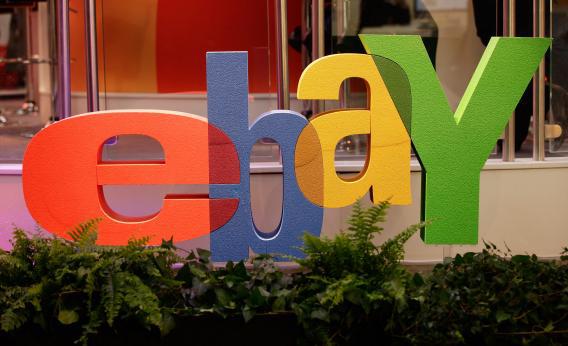I know, I know—another article about the Internet and human behavior. The Web supposedly makes us antisocial and more social; it increases our intelligence and makes us stupid. And now new research suggests that we’re jerks to those who are dissimilar to us, which translates into more bitter bidding on sites like eBay.
The first bit there shouldn’t come as any surprise. A healthy dose of high school is all the anthropology we need to determine that humans form groups based on similarities—be they age, race, gender, interests, or houses of Hogwarts—and that those who fall outside of those often rigid boundaries are excluded, mocked, or openly attacked. (If you lack the experience of high school, please take a time out to study the works of professor John Hughes.)
But why would such behavior translate into hostility toward other bidders on eBay? I mean, how much emotion is really tied up in trying to obtain that pair of sunglasses or iPhone case? (Let’s not complicate things by bringing Bandai’s Stadium Events into this.)
Well, the answer is quite a lot, according to Rebecca Walker Naylor of Ohio State University and her co-authors at the Universities of Pittsburgh and Connecticut. (The team’s research is published in the August issue of the Journal of Consumer Research.) Naylor set up situations where participants were asked to bid on products such as energy drinks. In a series of experiments, participants were shown “representative profiles” of the people they’d be bidding against—some similar, some different, and some ambiguous. When going up against someone within their demographic, participants bid an average of 75 cents. However, this number rocketed up to $1.22 when competing with someone demographically dissimilar. Most interesting of all, the bidders ponied up the most money ($1.28) when staring down the ambiguous or anonymous profile.
“When you’re competing against people you don’t know, you actually bid much more aggressively than you might normally, because you assume that these strangers aren’t similar to you,” Naylor said in a press release. “You feel you have the license to bid aggressively because the other bidders aren’t like you and you don’t have to be nice to them.”
To prove these findings weren’t just a freak occurrence, the team set up a similar experiment that had students at the University of South Carolina place bids on two fake sites called “eBay Auctions” and “Gamecock Auctions.” (The gamecock is the university’s mascot.) When confronted with the same representative profiles as above, the students again backed off their bids against rivals they perceived as somehow similar to themselves. For instance, bids were normally high against the ambiguous demo, but they dropped when placed on the Gamecock Auction site—presumably because the name implied only their fellow students had access.
Naylor warns that this competitive compulsion may be leading people to spend more than they have to on bidding sites. Additionally, she said savvy shoppers might be able to use this knowledge to their advantage by avoiding huge sites like eBay where interests are varied. Instead, you might have better luck buying from specialty sites where other bidders are more likely to fall for the weakness of similarity. (Honestly, I didn’t realize such sites existed, but here are a few for video games, cooking appliances, and samurai swords.)
Maybe it’s just me, but I love a study that reveals a weird, albeit regrettable quirk of human nature—and then proceeds to tell you how to exploit it to get one over on your fellow man.
